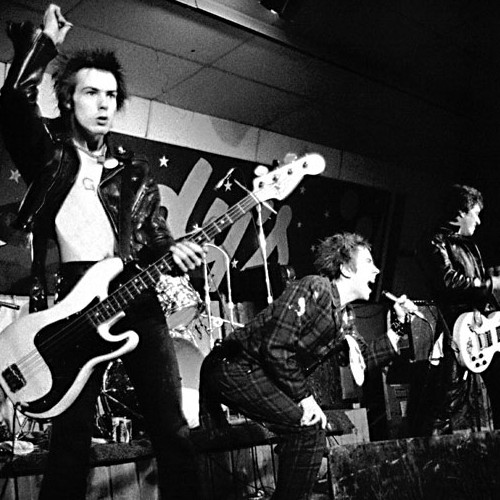Mondays & Wednesdays 2:30 pm – 3:35 pm + Fridays Online Asynchronous
Dr. Robert Haug
Punk emerged in the mid-1970s out of the New York and London music scenes as both a musical genre and a subculture that has endured for over four decades. During this time, Punk has remained reflective of the society around it, often with overtly political messages that challenged social and cultural norms. This course will explore the history of Punk, both the music and the subculture, in the context of the late 20th century, including the end of the post-war economic boom and the hippie movement, urban decline, the rise of the Religious Right, and the changing shape of the music industry. How was Punk’s DIY attitude shaped by the social and economic conditions of urban life in the 1970s? In what ways did Punk reflect and respond to the cultural politics of the 1980s and 1990s? What roles did class, race, gender, and sexuality play in the formation of Punk as a subgenre? How did Punk respond to commercial success at the end of the century? This course will travel through the history of Punk from the Sex Pistols’ declaration in 1977 that there was “no future” to Green Day bringing Punk to the Broadway stage 30 years later alongside the social and cultural changes that allowed such a shift in Punk’s place in the popular culture to occur.
